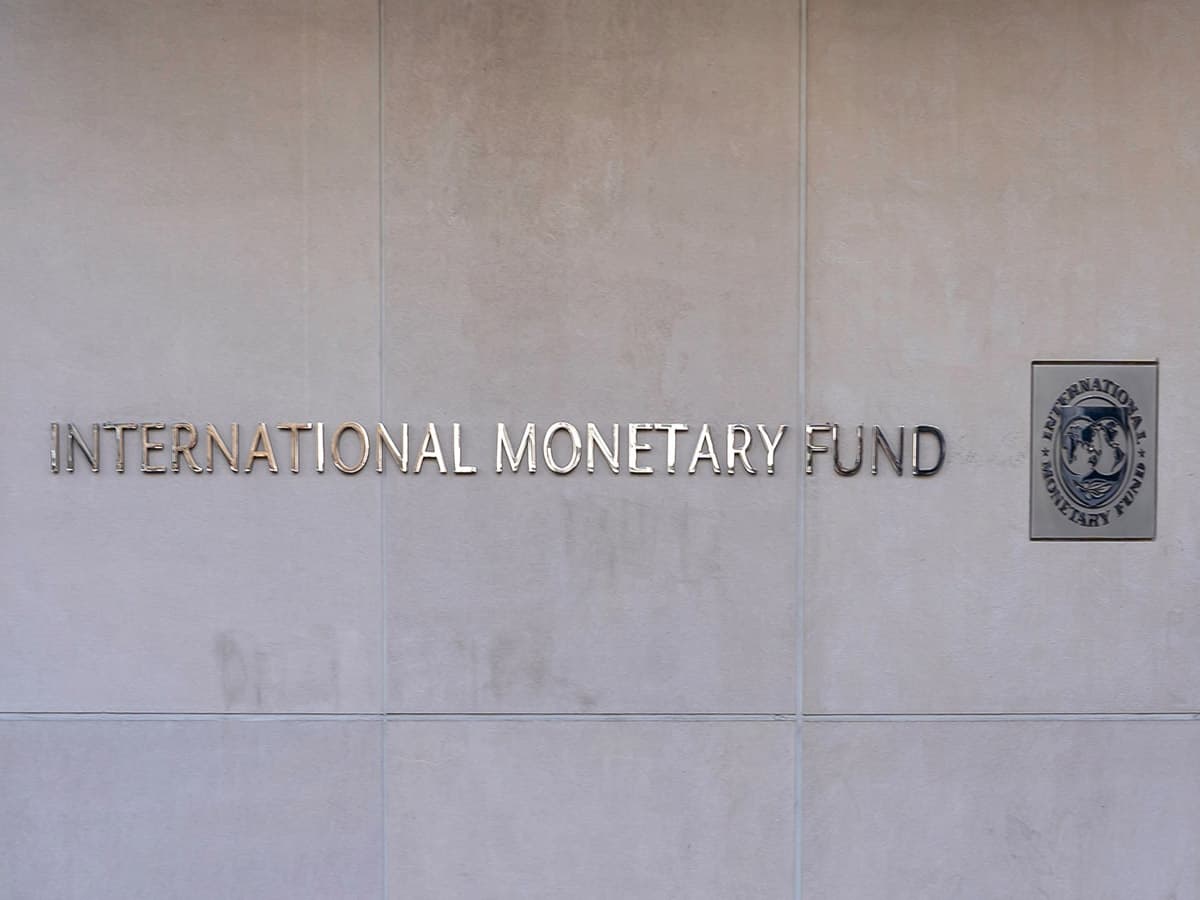
Islamabad: The IMF on Friday rejected a request by jailed former prime minister Imran Khan’s bid to link its economic assistance to cash-strapped Pakistan with an audit by the global lender on the recent general elections in the country.
Last week, Khan’s Pakistan Tehreek-e-Insaf (PTI), in its letter to the Washington-based International Monetary Fund, alleged the February 8 elections were rigged and appealed not to let its aid be appropriated by those “who abused power” for personal gain.
The PTI’s letter, sent out ahead of the new prime minister Shehbaz Sharif’s oath-taking on March 4, urged the IMF to give the poll results a thorough examination before cutting any new deal with Islamabad.
On Friday, the IMF confirmed that it had received the letter sent on Khan’s behalf but gave a cold shoulder to the PTI founder’s demand for an election audit, Geo News reported.
An IMF spokesperson said in a statement: “The IMF, as an international institution with a narrow mandate on economic issues, does not comment on domestic political developments. However, given the importance of the institutional environment for economic stability and growth, we do encourage the fair and peaceful resolution of all electoral disputes.”
The IMF further said, its engagement with Pakistan is focused on helping the government implement strong policies to deepen financial stability, address the longstanding economic and underlying balance of payments challenges, and restore sustained and inclusive growth for the benefit of all Pakistani citizens.
“This includes stronger public finances, through high-quality revenue measures to broaden the tax base while scaling up the support for the most vulnerable, restoring energy sector viability, improving institutional governance and anti-corruption effectiveness, SOE reform, building climate resilience, and creating a level playing field for private businesses to promote investment and job creation,” Geo News said quoting the IMF statement.
The spokesperson said that keeping the above objectives in mind, the lender looks forward to “engaging with to complete the second review under the ongoing Stand by Arrangement (SBA) and support the development of a new medium-term economic program if the government requests it.
Geo News further said that the statement in response to the letter by an IMF spokesperson came hours after the global lender’s Communications Department Director Julie Kozack during a press briefing in Washington, DC shared that the Fund is set to dispatch its mission to Pakistan following the formation of a new cabinet.
Commenting on the IMF mission’s arrival in Pakistan, she said: “The IMF stands ready to hold a mission for the second review of the Stand-by shortly after a new cabinet is formed.”
The letter, addressed to the IMF Managing Director Kristalina Georgieva by party spokesperson Raoof Hasan under the guidance of Khan, urged him to conduct an “audit” of at least 30 per cent of the national and provincial assembly seats to unearth the brazen “intervention and fraud” during the February 8 general elections before considering any further bailout talks with the cash-strapped country.
As reported by Press Trust of India earlier, official sources said that the new government would seek a fresh loan of about USD 6 billion from the IMF to help it address the issue of balance of payments.
Last year, Pakistan avoided a default after the IMF provided a USD 3 billion short-term loan and it may face problems to meet external liabilities in case the new IMF loan is delayed.
The IMF’s review mission is likely to visit Islamabad this month, local media reports said.
The IMF’s USD 3 billion short-term bailout package from last year is ending next month and the Sharif government needs another loan which it wants to negotiate at the earliest.
Sharif has given a go-ahead to the Ministry of Finance to begin discussions for signing a new Extended Fund Facility (EFF).
Pakistan is dependent on the IMF to fulfill its annual USD 25 billion to USD 30 billion foreign financing needs for debt repayments and current account deficit financing.



